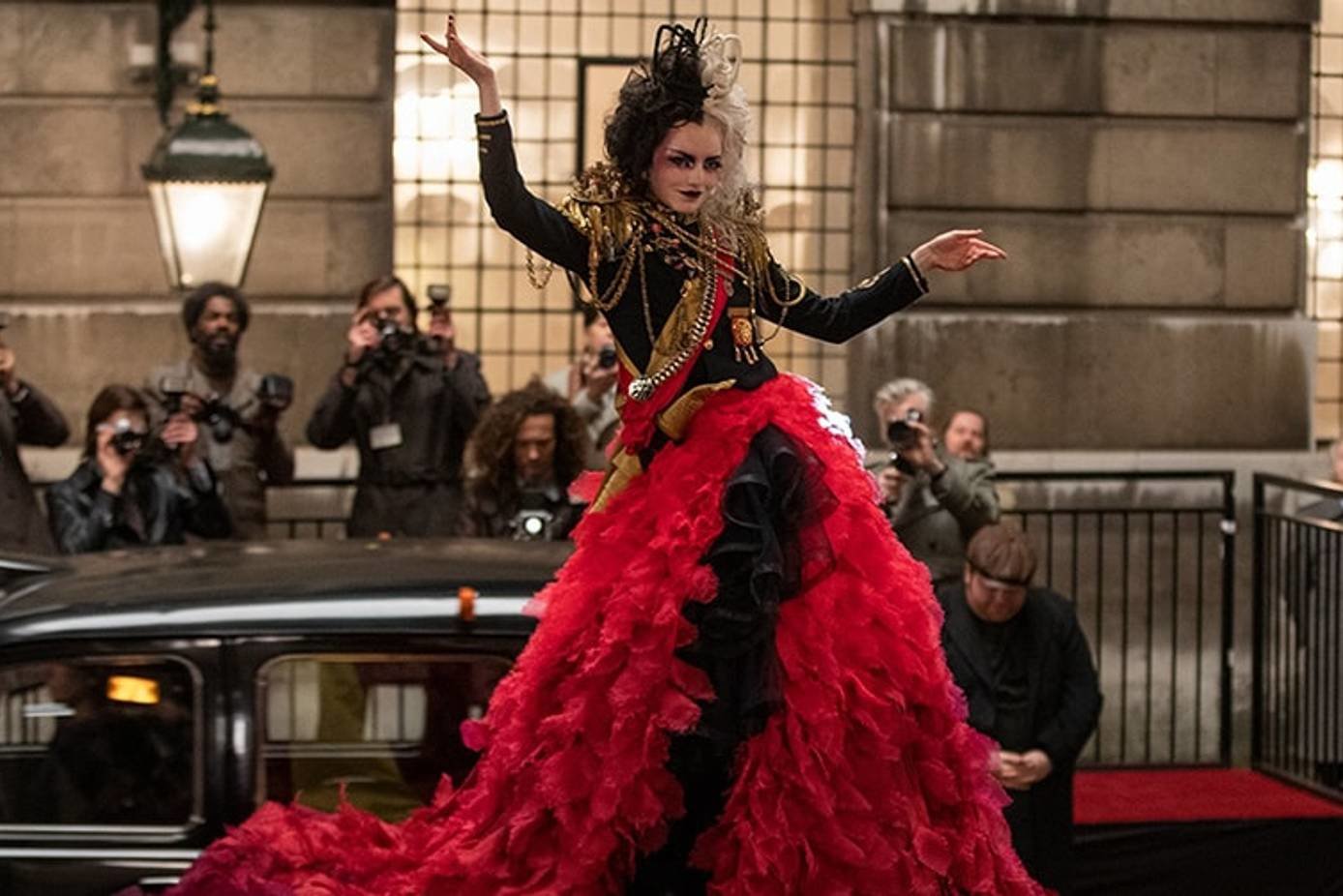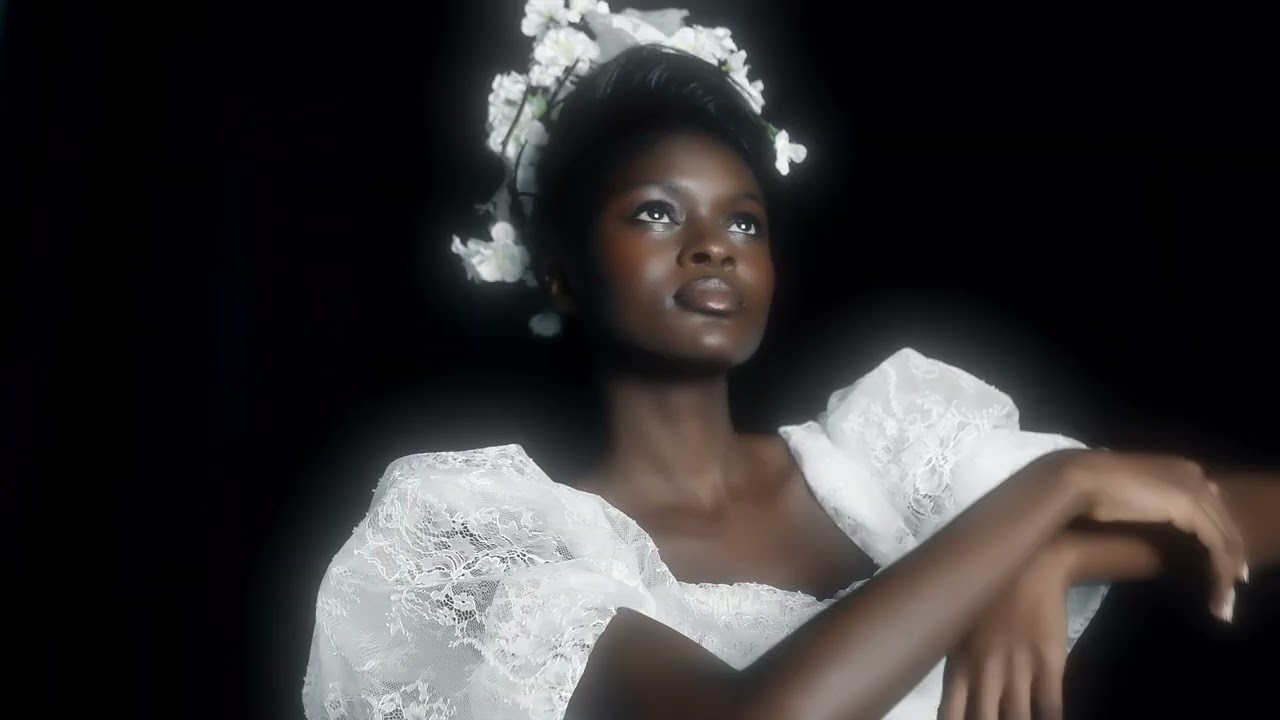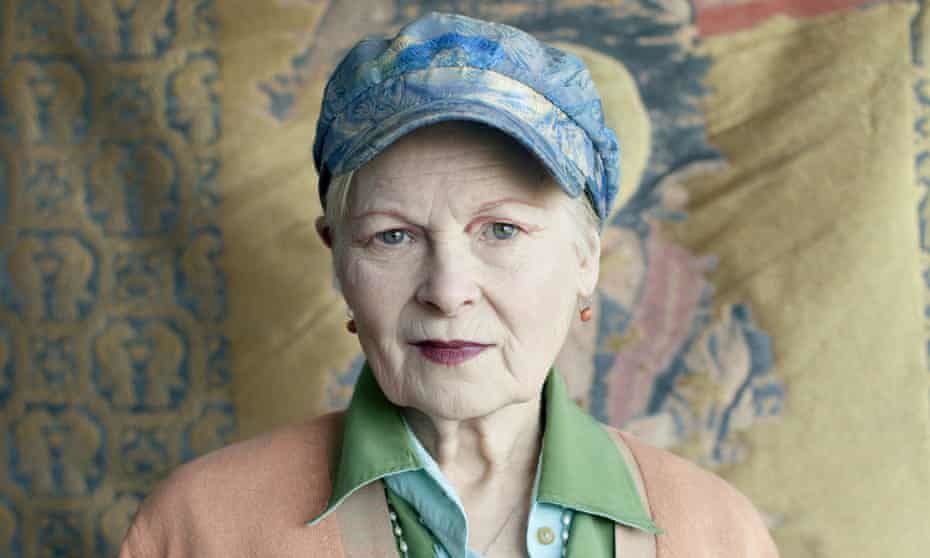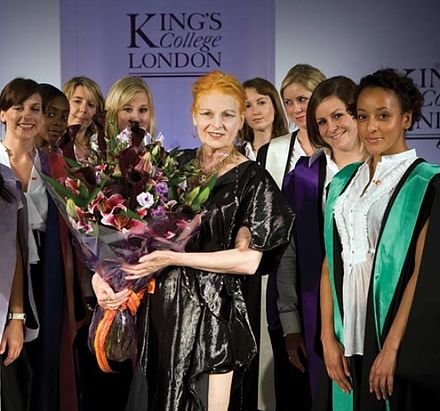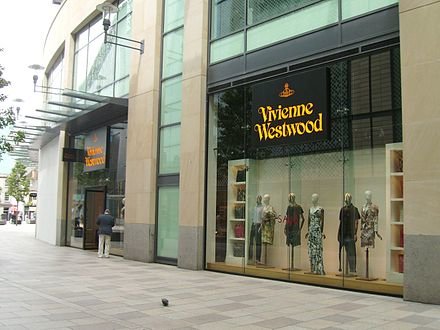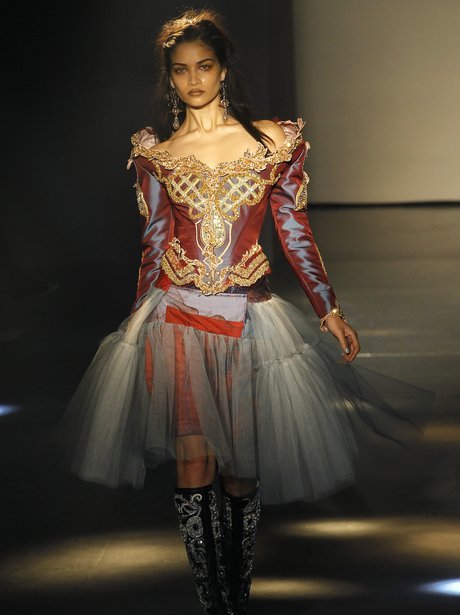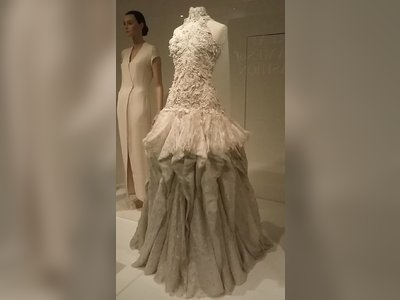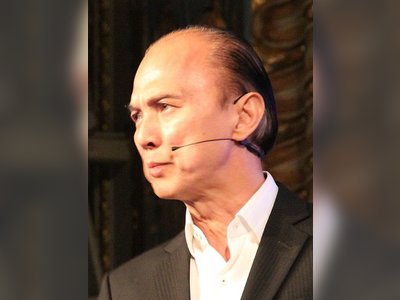British Heritage
Remember, Cherish, Learn.
beta
Vivienne Westwood - New Wave Fashion
The New Wave Fashion Icon and British Heritage.
Introduction
Vivienne Westwood, born on 8th April 1941, is an English fashion designer and businesswoman renowned for her significant contribution to the world of fashion. She is credited with revolutionizing modern punk and new wave styles, making them mainstream and shaping the British fashion landscape. Her impact on the industry, coupled with her dedication to political and social causes, has solidified her position as one of the most successful and influential British designers of all time.
Contribution to British Heritage
Vivienne Westwood's influence on British heritage lies in her transformative approach to fashion, which brought punk and new wave aesthetics to the forefront of mainstream culture. Her daring designs challenged traditional norms, redefining British fashion and leaving an indelible mark on its history. By dressing the punk movement and incorporating the Union Jack into her designs, she celebrated British culture while simultaneously subverting its conventions. Westwood's fearless exploration of individualism and self-expression became emblematic of British identity during an era of cultural upheaval.
Moreover, her commitment to social and political causes, such as the Campaign for Nuclear Disarmament, climate change, and civil rights, has showcased her role as an activist within British society. By using her platform to advocate for change and sustainability, she has contributed to the preservation of British values of freedom, equality, and environmental consciousness.
Early Years and Rise to Prominence
Born in Tintwistle, Derbyshire, Westwood's journey into the world of fashion began at Harrow Art School. Though she left after one term, feeling unsure of a working-class girl's prospects in the art world, her creative spirit led her to become a primary school teacher and a jewelry maker, selling her creations at Portobello Road.
Her life took a significant turn when she met Malcolm McLaren, the manager of the punk band Sex Pistols, and together they opened a boutique called SEX. This store became a hub for the London punk scene, and Westwood's designs quickly gained notoriety for their innovative and rebellious nature.
Punk Era and New Romantic Movement
Vivienne Westwood was one of the key architects of the punk fashion phenomenon in the 1970s. Embracing punk's DIY ethos, she used clothing as a tool for social and political commentary, questioning societal norms and challenging the establishment. Her unique creations, including mohair jumpers, T-shirts with hand-written slogans, and clothes with visible seams and labels, reflected the punk movement's desire for self-expression and rebellion.
After her partnership with McLaren dissolved, Westwood continued her exploration of new fashion styles, coining the period between 1981 and 1985 as the "New Romantic" era. This era was followed by the "Pagan Years" from 1988 to 1991, which showcased her shift towards designing clothes that parodied upper-class fashion.
Global Expansion and Sustainability
Throughout her career, Vivienne Westwood's influence extended beyond the UK, as she opened shops worldwide and expanded her brand globally. However, in 2013, she made a conscious decision to halt further business expansion to address environmental and sustainability concerns. This move exemplified her commitment to ethical practices and her determination to align her business with her personal values.
Notably, Westwood collaborated with Richard Branson to design sustainable uniforms for Virgin Atlantic crew members. Utilizing recycled polyester to reduce the impact on the environment, the uniforms were both stylish and environmentally conscious.
Political Involvement and Activism
Vivienne Westwood's activism played a prominent role in her legacy. Her dedication to social causes was evident in various campaigns she supported throughout her life. She used her designs as a form of political expression, including a cover of Tatler magazine, where she dressed as then-Prime Minister Margaret Thatcher to make a statement about the state of the nation.
Westwood campaigned actively for civil liberties, human rights, and nuclear disarmament. Her support for the Green Party of England and Wales and her commitment to environmental causes further exemplified her role as a prominent advocate for change.
Recognition and Honors
In recognition of her invaluable contributions to the fashion industry and British heritage, Vivienne Westwood received numerous honors. She was appointed an Officer of the Order of the British Empire (OBE) in 1992 and advanced to Dame Commander of the Order of the British Empire (DBE) in 2006. She has been awarded the British Designer of the Year multiple times.
In 2012, her cultural significance was immortalized when she was featured in Sir Peter Blake's artwork for the cover of the reimagined Sgt. Pepper's Lonely Hearts Club Band album, honoring iconic British figures.
Conclusion
Vivienne Westwood's remarkable legacy is a testament to her pioneering spirit, fearless creativity, and unwavering commitment to social and environmental causes. As a trailblazer in the fashion industry, she reshaped British fashion by bringing punk and new wave styles into the mainstream, forever leaving her mark on the country's heritage. Beyond her design achievements, her activism and dedication to sustainability showcase her profound impact on British society and culture. Vivienne Westwood's indomitable spirit and visionary designs will continue to inspire generations to come.
- Vivienne Westwooden.wikipedia.org
